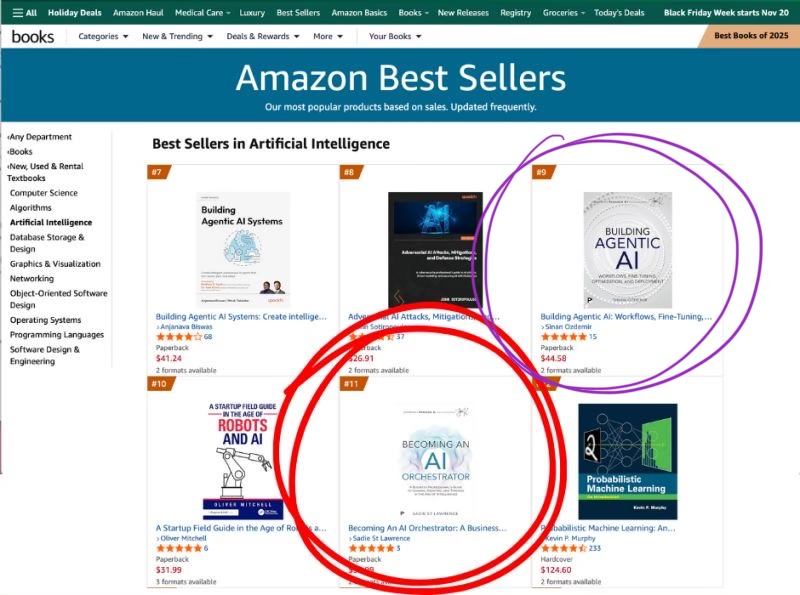Samsara processes 20 trillion (!!) data points for physical applications (e.g., construction, transport, manufacturing). Today, their VP Engineering Praveen Murugesan details how they make A.I. impactful on this vast scale.
More on Praveen:
As Vice President of Engineering at Samsara, leads the development and strategy for products that transform IoT data into automations and insights.
Previously worked at Uber, Salesforce, VMware, Cisco and more.
Active angel investor.
Holds an MS from Carnegie Mellon University.
More on Samsara:
Publicly-listed on the New York Stock Exchange.
Recently named one of Fast Company’s Most Innovative Companies.
Ranked #7 on the Fortune "Future 50".
Today's episode will particularly appeal to folks who build A.I. systems hands-on, but will be interesting to anyone keen to understand how A.I. can be developed and deployed to make a huge impact at scale in real-world, physical applications, including on edge devices.
The SuperDataScience podcast is available on all major podcasting platforms, YouTube, and at SuperDataScience.com.



